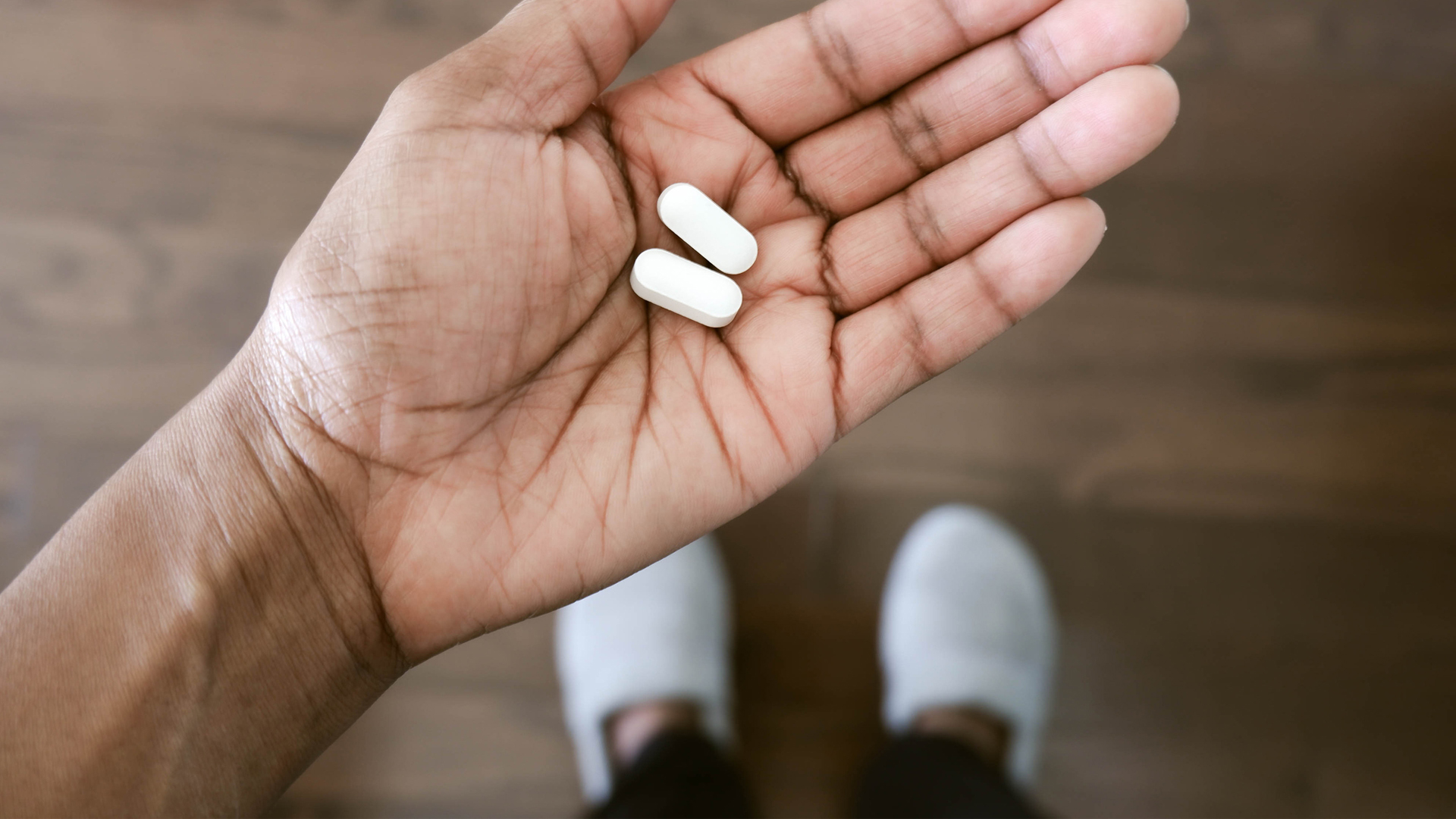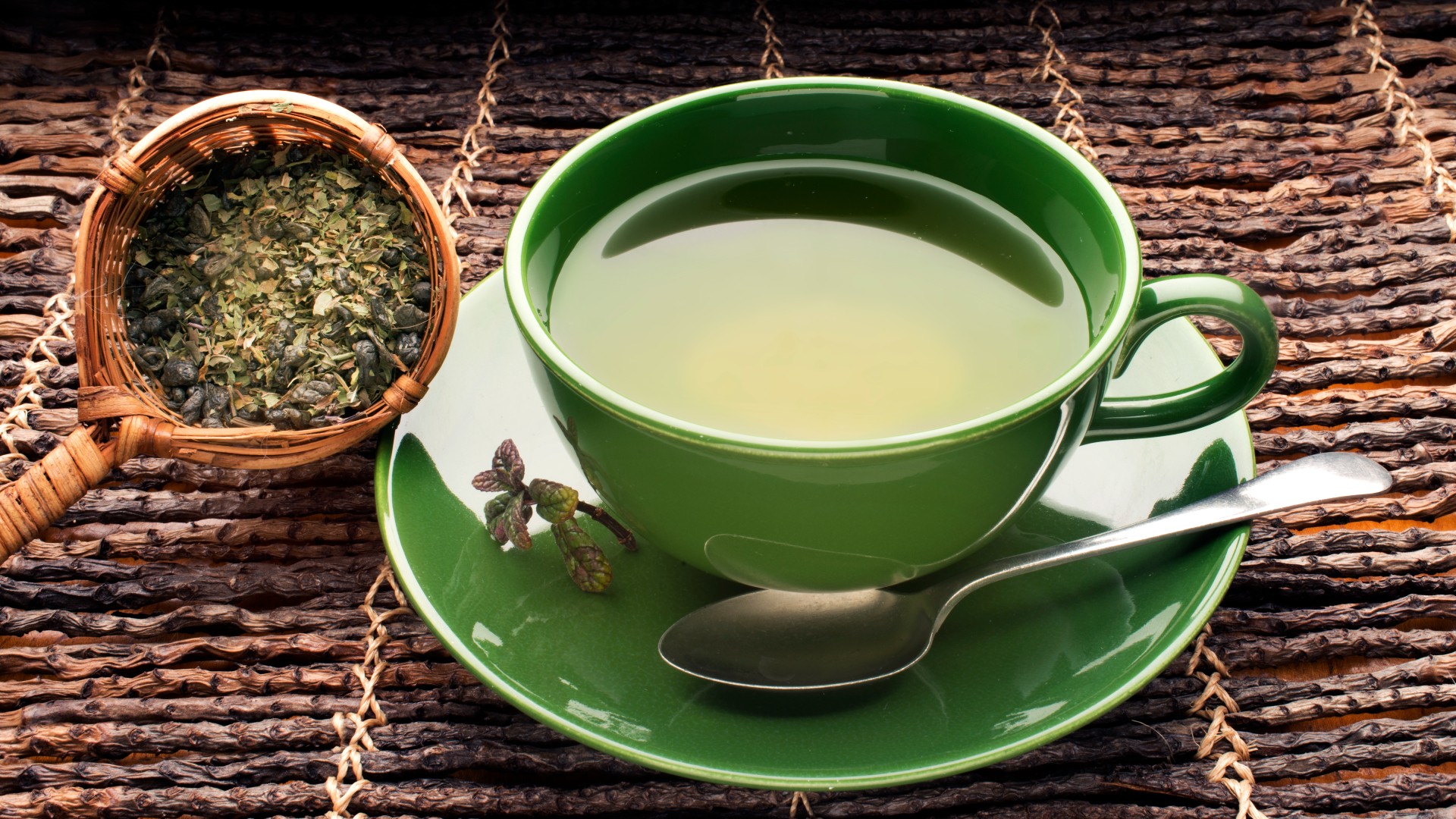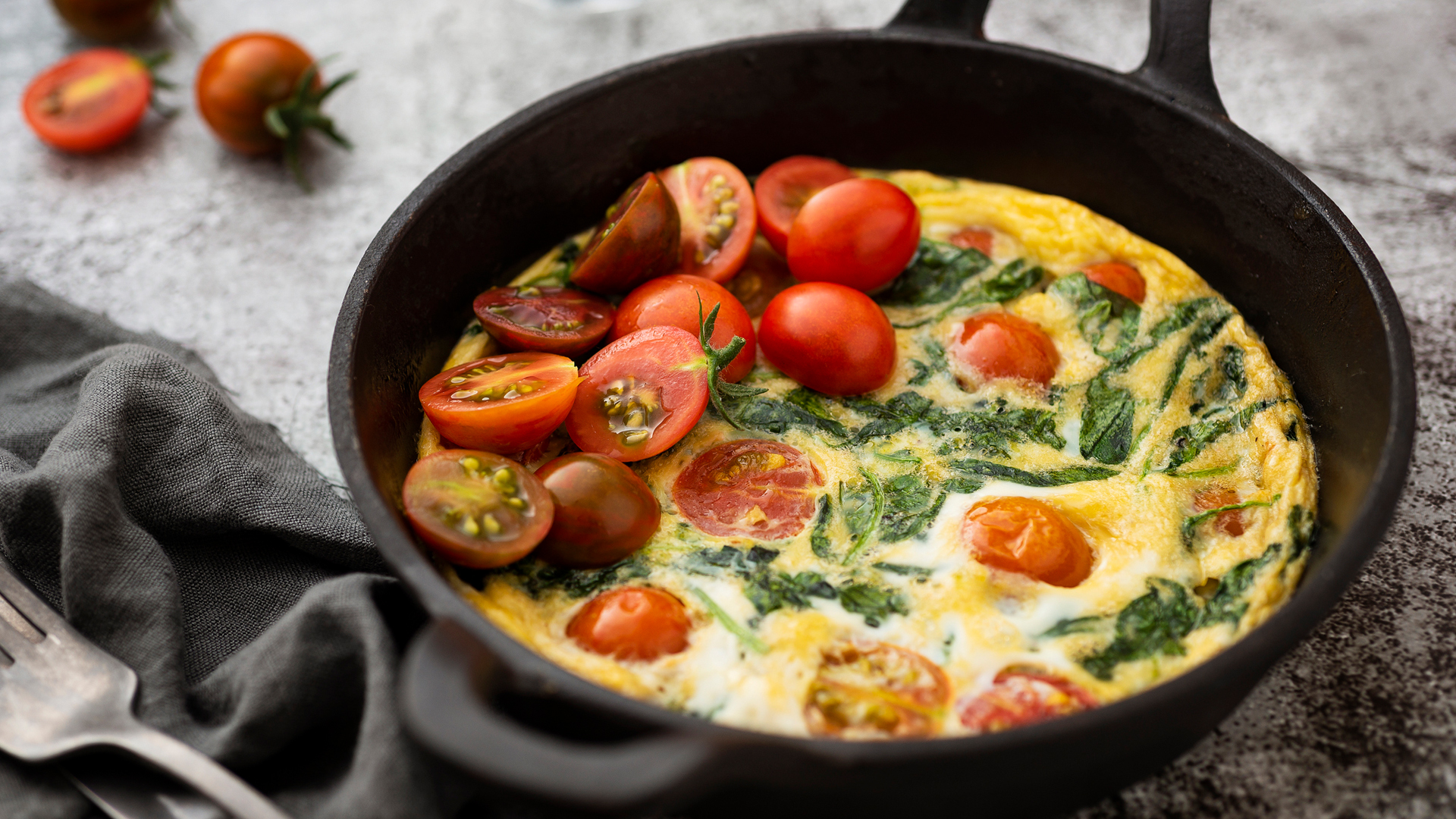Can supplements help with weight loss?
Supplements for weight loss have been around for a while, but what’s the truth behind them?

Get the world’s most fascinating discoveries delivered straight to your inbox.
You are now subscribed
Your newsletter sign-up was successful
Want to add more newsletters?

Delivered Daily
Daily Newsletter
Sign up for the latest discoveries, groundbreaking research and fascinating breakthroughs that impact you and the wider world direct to your inbox.

Once a week
Life's Little Mysteries
Feed your curiosity with an exclusive mystery every week, solved with science and delivered direct to your inbox before it's seen anywhere else.

Once a week
How It Works
Sign up to our free science & technology newsletter for your weekly fix of fascinating articles, quick quizzes, amazing images, and more

Delivered daily
Space.com Newsletter
Breaking space news, the latest updates on rocket launches, skywatching events and more!

Once a month
Watch This Space
Sign up to our monthly entertainment newsletter to keep up with all our coverage of the latest sci-fi and space movies, tv shows, games and books.

Once a week
Night Sky This Week
Discover this week's must-see night sky events, moon phases, and stunning astrophotos. Sign up for our skywatching newsletter and explore the universe with us!
Join the club
Get full access to premium articles, exclusive features and a growing list of member rewards.
Can supplements help with weight loss? If you’re been looking for ways to drop a few pounds, then it’s a question you may have found yourself pondering. But just like with the best protein powders and the best multivitamins for women, the supplement world can be a minefield, with a huge range of potions and pills all claiming they can help in shedding unwanted weight.
Although supplements do often contain ingredients considered to be ‘fat burners’ that may help to spur weight loss on a little more, the jury is out as to whether supplements for weight loss are something that are worth taking.
In fact, a recent study published in the journal Obesity suggests that supplements do not offer the dramatic weight loss benefits that they so often claim and that the old adage of ‘eat healthy food in smaller portions and move more’ is still the most effective way to reach and maintain an appropriate weight for your height, age and activity level. The best smart scales can also be helpful to track your progress, with high-tech insights into body composition.
Often, supplements for weight loss may also induce various side effects, including some that might not be so pleasant. But is it all bad news or is there some truth behind the idea that supplements can provide a role in weight loss? We asked a registered nutritionist — but it’s worth noting that you should always consult your doctor before introducing a new supplement into your dietary routine.
Can supplements actually help with weight loss?
Registered nutritionist Richard Tucker believes there is some potential for supplements to aid weight loss, citing research in the American Journal of Clinical Nutrition that showed how caffeine (a popular addition to weight loss supplements) administered at two hour intervals over a 12 hour period could can help speed up metabolism by up to 11% during this period.
“However, over consumption can force you to become less tolerant to the effects,” he adds.

Richard Tucker is a registered nutritionist, consultant and exercise physiologist. He has gained over 12 years of professional experience working with a diverse range of clients, including many world class rugby teams and individual players, boxers, MMA/UFC fighters, Formula One drivers, tennis players and endurance athletes.
Green tea extract is another weight loss ingredient. “Green tea extract is high in caffeine and Polyphenol Epigallocatechin Gallate (EGCG) which combined with caffeine can increase thermogenesis,” he says. “Put simply, this means your body burns calories to produce heat.”
Get the world’s most fascinating discoveries delivered straight to your inbox.
Soluble fiber, also found in many weight loss supplements, is useful when it comes to weight loss too as it reduces levels of ghrelin, our hunger hormone. Whilst doing so, it increases feelings of fullness, helping to regulate our appetite and stop us reaching for snacks, or simply overeating at meal times. Soluble fiber can also be found in foods such as oats, apples and beans.
- Related: Gluten-free diet for weight loss: Fact or fiction?
- Related: Intermittent fasting for weight loss: What the science says

Tucker adds that yohimbine, which comes from the bark of a specific tree, could be a trigger for weight loss. Although commonly used as an aphrodisiac, it can “prolong the effects of adrenalin and therefore further enhance the breakdown of body fat”, he says.
And if you’ve found yourself asking the question ‘is protein good for weight loss?’ you’ll be pleased to learn that the answer is yes. According to a study published in the Journal of Physiology, this satiating macronutrient has a useful role to play when it comes to helping you shift those stubborn pounds.
Tucker says that protein further increases thermogenesis and reduces appetite by reducing the hunger hormone, ghrelin. “A high protein diet will also help preserve muscle mass,” he says.
However, whilst specific ingredients can support weight loss, there is in fact very little research to actually support weight loss enhancing supplements. An evidence based review published in the Journal of Obesity does suggest that conjugated linoleic acid, pyruvate, and Irvingia gabonensis do have “some potential benefit for weight loss”, but more research is needed.
Are supplements for weight loss safe?
Although weight loss supplements are safe for consumption, Tuckers says that there can be some side effects to consuming too much or too many of them. These include diarrhea, elevated heart rate and increased sweat rates, which lead to fluid loss and potentially dehydration.
“My approach will always be a ‘food first’ approach; addressing certain lifestyle factors such as your total energy balance — calories in versus calories out — and focussing on a diet that is manageable and most importantly sustainable,” he says. “However, introducing some of these ingredients as part of a sustainable diet may have positive effects on further weight loss.”
But, as Tucker explains, you don’t necessarily have to source these ingredients through a supplement.
“A couple of cups of strong coffee or green tea per day is enough and provides further health benefits rather than just specifically weight loss.”

Dietitian-approved weight loss strategies
If you’re hoping to lose weight without the use of weight loss supplements, there are several things you can do, as well as various lifestyle tweaks, to help the weight steadily fall off.
They may all seem obvious, or they may be tips you’ve heard before, however they tend to be pretty fool proof.
Tucker says that firstly, it's important to focus on the maximum amount of calories your body requires to be in a calorie deficit. A calorie deficit is typically the fundamental requirement for weight. If you consistently take in less than you burn, you will be in a calorie deficit and you should lose weight.
To work out the number of calories your body needs each day, and then the calories you will need to elicit weight loss, you can use an online calorie calculator. Tracking your food intake each day can be done on an app such as MyFitnessPal.

Another way to help weight loss, is to increase your NEAT, which stands for non-exercise activity thermogenesis. This is the energy we use (and therefore the calories we burn) doing things that aren’t exercise, sleeping or eating. It could be the energy burned whilst cleaning the house, doing the shopping or even making the bed.
When it comes to the right diet for weight loss, Tucker says that it’s best to focus on higher protein (meat, fish, white meat, eggs) consumption to increase thermogenesis (calorie burn), increase satiety and to help preserve and build lean muscle tissue. Include foods such as meat, fish, eggs, tofu and dairy foods.
He also advises increasing the amount of soluble and insoluble fiber into your diet, from fruits and vegetables. Finally, sleep is one of the most important factors when it comes to weight loss.
“Prioritize getting seven to nine hours per night,” says Tucker. When we lack sleep, research published by the Sleep Foundation has shown that there is a rise in our hunger hormones, making us eat more. A consistently good sleep pattern can help regulate our appetite, plus it allows us to have enough energy to exercise and move, which can enhance our weight loss.
This article is for informational purposes only and is not meant to offer medical advice.
Lucy is a freelance journalist specializing in health and fitness. She was previously the Health and Fitness Editor across various women's magazines, including Woman&Home, Woman and Woman’s Own as well as Editor of Feel Good You. She has also previously written for titles including Now, Look, Cosmopolitan, GQ, Red and The Sun. She lives and breathes all things fitness; working out every morning with a mix of running, weights, boxing and long walks. Lucy is a Level 3 personal trainer and teaches classes at various studios. Plus, she's pre- and post-natal trained.
 Live Science Plus
Live Science Plus






